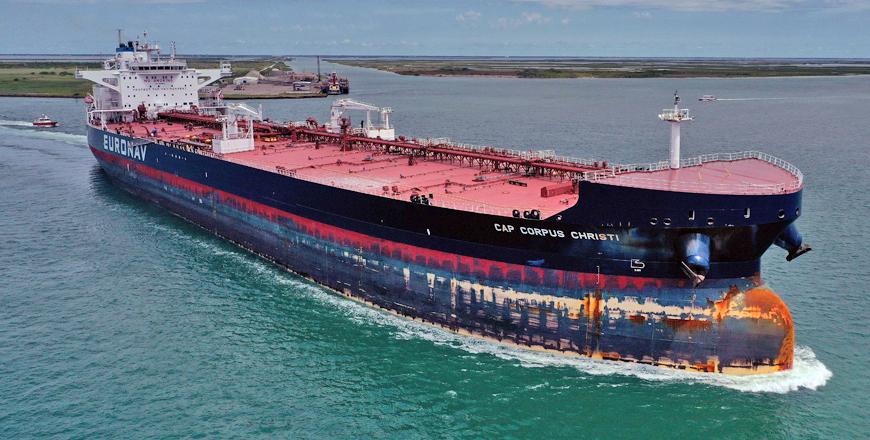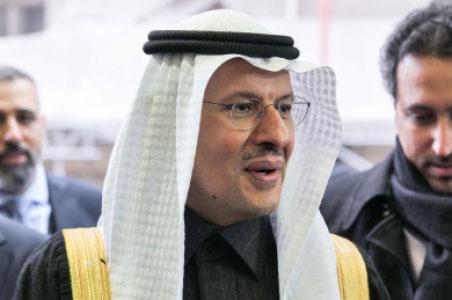You are here
OPEC+ agrees to extend output cuts to buttress oil prices
By AFP - Jun 03,2024 - Last updated at Jun 03,2024
VIENNA — The OPEC+ group of oil-producing nations agreed Sunday to extend their production cuts in a bid to support prices, as economic and geopolitical uncertainty looms over the market.
The 12-member oil cartel and its 10 allies decided to "extend the level of overall crude oil production... starting 1 January 2025 until 31 December 2025", a statement by the alliance said.
In addition, eight countries said they would also extend voluntary supply cuts made at Riyadh's request to further support the market: Saudi Arabia, Russia, Iraq, United Arab Emirates, Kuwait, Kazakhstan, Algeria and Oman.
Some of those cuts will run until September before being phased out, while others will be kept in place until December 2025.
The decisions came after the biannual meeting of the Organisation of the Petroleum Exporting Countries (OPEC), led by Saudi Arabia, and its 10 partners, headed by Russia.
The group-wide supply cuts amount to about 2 million barrels per day (bpd).
Adding the series a voluntary cuts, OPEC+ members are currently slashing output by almost 6 million bPd overall to bolster flagging oil prices.
OPEC+ also agreed to allow the United Arab Emirates to increase its production target by 300,000bpd for next year, a statement said.
The UAE had pledged to make additional voluntary output cuts at the request of Saudi Arabia, which wanted to share the burden of cuts in an effort to support prices.
UBS analyst Giovanni Staunovo called Sunday's announcements a "positive surprise".
The decision "removes some uncertainty over some tensions down the road, as the quotas will now be reviewed end 2025 for 2026," Staunovo told AFP.
Negotiations about the production quotas of member countries have repeatedly been a source of discord in the past, triggering heated debates and even shock departures.
At the end of 2023, Angola exited OPEC over a disagreement on output cuts.
But according to Mukesh Sahdev at the Rystad Energy research group, the alliance still faces the issue of "actual barrels flowing to the market likely being higher than what is accounted for", which could potentially undermine the cartel's strategy.
Moreover, Iraq and Kazakhstan exceeded their quotas in the first quarter, while Russia overproduced in April.
'Challenging environment'
Amid questions surrounding global demand, some analysts say that gradually allowing oil to return to the markets without causing prices to plummet will prove challenging.
Producers will probably have to come up with a complex system to skillfully reintroduce barrels that were previously removed, without causing prices to crater.
Oil prices have changed little since the last meeting in November, hovering at around $80 a barrel.
OPEC continues to stick to its demand forecasts for 2024, while the International Energy Agency has lowered its estimates.
Amid "above-average inflation, slowing global growth outlook, central bank uncertainties, rising US oil production and Middle East tensions, the environment is challenging", said Ipek Ozkardeskaya, a market analyst at Swissquote Bank.
Related Articles
VIENNA — An OPEC+ panel on Monday reaffirmed the oil cartel's plan to gradually hike output starting from April, after US President Donald T
VIENNA — The cartel of the Organisation of the Petroleum Exporting Countries (OPEC) members decided on Saturday to extend deep output cuts t
LONDON — The members of the Organisation of the Petroleum Exporting Countries (OPEC) cartel of oil producers are meeting with their allies o













